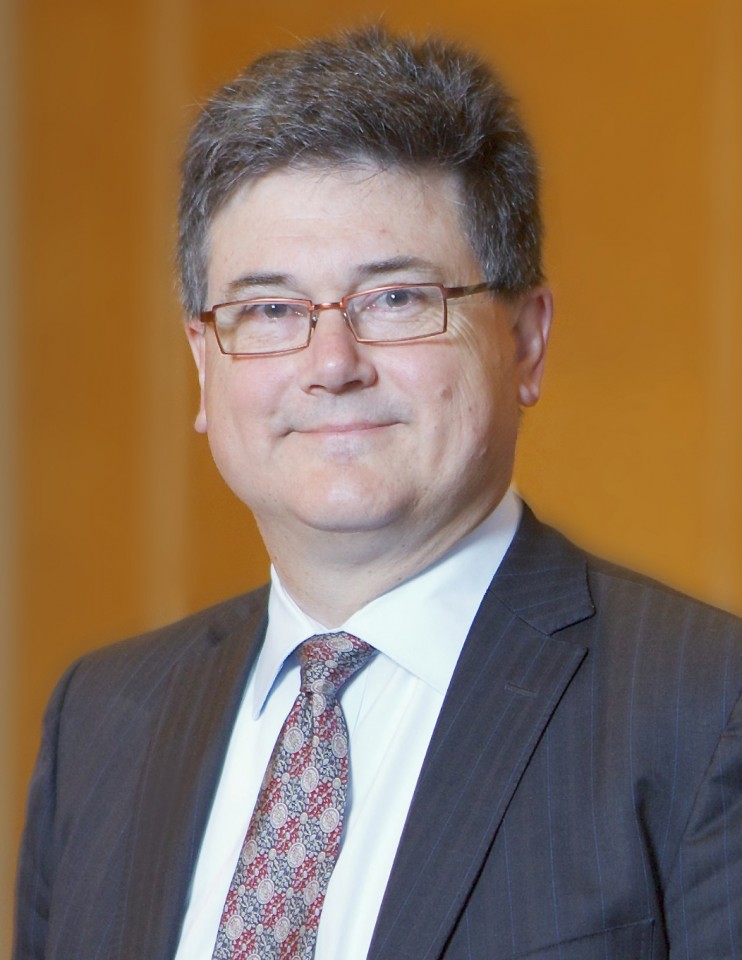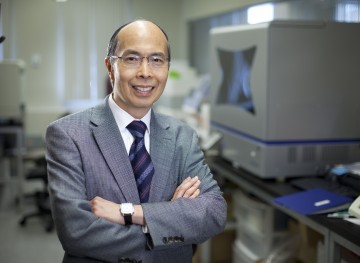Although the Canadian government is the largest single source of the Faculty of Medicine’s research funding, its various granting agencies are understandably wary of unconventional ideas. That is often where private foundations step in.
Philanthropists can take a chance on a risky idea with the potential for high reward — an innovative solution that can transform the way we fight a disease, saving or improving millions of lives. As Warren Buffett told Bill and Melinda Gates, “Don’t just go for safe projects. Take on the really tough problems.”
In 2011-2012, 23 per cent of the $292.6 million in peer-reviewed grants received by the Faculty of Medicine came from private philanthropic organizations.
The Faculty of Medicine has emerged as a competitive force in the national and international arenas of the major private charitable granting groups. Late in 2012, three substantial peer-reviewed grants were awarded to Faculty of Medicine investigators by the Bill and Melinda Gates Foundation, the Prostate Cancer Foundation with Stand Up To Cancer, and the National Sanitarium Association.
“The Faculty of Medicine’s highly collaborative research environment and the creativity of our clinician-researchers is a winning combination,” says Howard Feldman, Executive Associate Dean, Research. “Philanthropy allows us to push ahead even further to conduct game-changing research that transforms patient care locally, nationally and globally.”
In November, the Faculty of Medicine received an additional $17 million from the Bill & Melinda Gates Foundation – on top of $7.4 million awarded by the foundation in 2010 – for a project aimed at finding and treating women at risk of succumbing to pre-eclampsia, the often-fatal onset of high blood pressure during pregnancy.
Led by Peter von Dadelszen, Professor in the Department of Obstetrics and Gynecology, this project is testing a low-tech, low-cost method for diagnosing pre-eclampsia and assessing the degree of risk, based on a woman’s symptoms and a physical examination. The goal is to remedy a glaring inequity: almost all of the 76,000 women who die annually from pre-eclampsia live in the developing world.
In October, the Prostate Cancer Foundation and Stand Up To Cancer awarded $10 million to a multi-centre “dream team” of more than 30 investigators at the Vancouver Prostate Centre, the University of California and the Oregon Health Sciences Centre.
The Vancouver Prostate Centre, the only Canadian site chosen to be part of the team, will use advanced genomics to study how prostate cancers adapt and overcome treatment therapies. Led by Martin Gleave, Distinguished Professor in the Department of Urologic Sciences, they will then design combination treatments that target the pathways the cancer cells are using, reducing the cells’ chances of survival.
In December, the National Sanitarium Association added another $1 million to the nearly $5 million it has granted to the Faculty of Medicine to speed the discovery of effective treatments for chronic respiratory diseases that affect hundreds of millions of patients worldwide.
With this most recent grant, Stephen Lam, Professor in the Division of Respiratory Medicine, is leading the development of a rapid screening technology to identify effective treatments.
“We think of ourselves as venture capitalists looking to kick-start innovative, high-risk research projects that have a potentially high pay-off,” says William Acton, President of the National Sanitarium Association, which funds respirology research. “We hold an annual call for proposals Canada-wide, and UBC frequently comes out on top of our scientific review process, which reflects the quality of the work you’re doing.”

